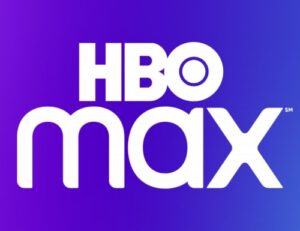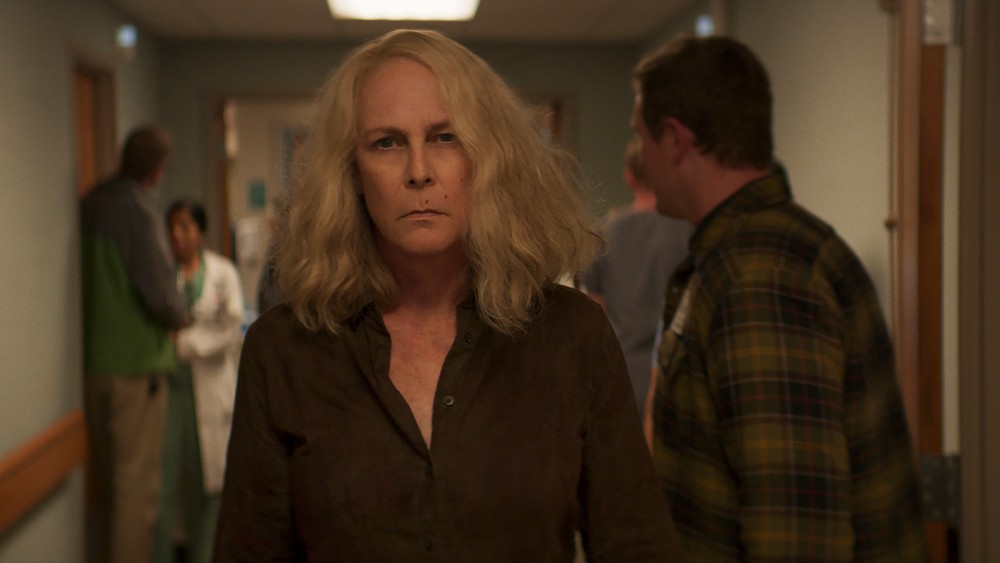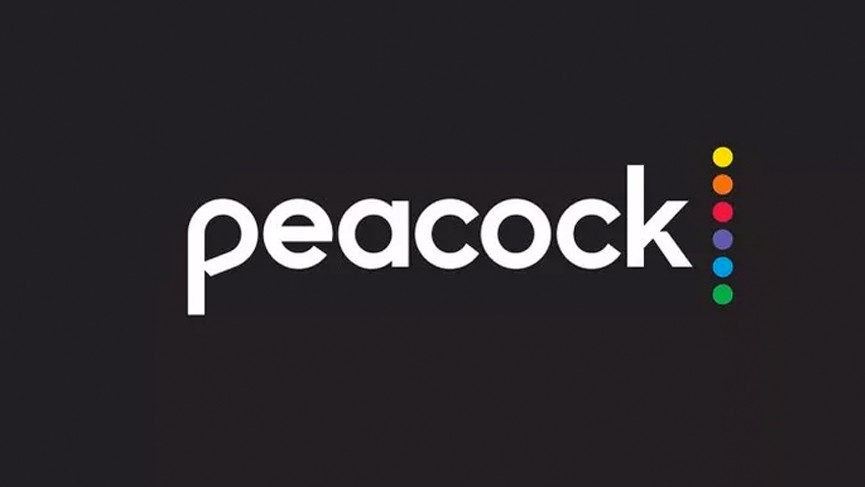 Literally one week ago in this space, I talked about the fact that most film festivals have accepted the streaming services and their movies because, let’s face it, this is what the future is. If the pandemic has shown us anything, I wrote, it’s that we have become increasingly comfortable consuming our entertainment at home. Well, this is obviously true, and it also means that the streaming services we utilize for said consumption are going to become more and more important to the lives of both the audience and the corporations that own them.
Literally one week ago in this space, I talked about the fact that most film festivals have accepted the streaming services and their movies because, let’s face it, this is what the future is. If the pandemic has shown us anything, I wrote, it’s that we have become increasingly comfortable consuming our entertainment at home. Well, this is obviously true, and it also means that the streaming services we utilize for said consumption are going to become more and more important to the lives of both the audience and the corporations that own them.
Or, y’know, one would think. Over the last couple weeks, several different companies with real skin in this particular game have had calls with their investors, with varying levels of discussion about these streaming arms. Varying levels, because it’s clear from the results of these conversations that the success of the arm in question is varied. Quite so.
In the waning days of AT&T’s ownership of Warner Bros., Numero Uno Honcho Jeff Stankey said that, yes, the WarnerMedia-Discovery deal is on course, but more importantly for this particular discussion, the strategy involving HBO Max is very much a priority for both the old company and the new one.
In Stankey’s words, part of the reason the transaction was done in the first place — aside from ridding AT&T of the absolute albatross that has been Warner Media — is “with the notion that we are moving this business forward in a direct-to-consumer market place.” He continued, “HBO Max is the foundation of that business moving forward and how the combined company will continue to go to market and everything we do now to make that product better and add customers is a step in the right direction.”
The service has more than 69 million subscribers and added $8.4 billion in revenue over the last fiscal quarter. That’s pretty impressive by just about any measure — especially considering that HBO Max was only launched less than a year and a half ago — and so it makes sense that the company would consider the service’s success as being so paramount to the corporation’s long-term fortunes.
On the other side of this is Comcast and its own streaming arm, Peacock. During Comcast’s investors call, which came a week after Warner’s, Peacock wasn’t really discussed all that much. If that seems peculiar, or somewhat askew, I’m with you, because you would think it might be somewhat important to the people involved in the company’s financial wellbeing. Even more so when one considers the money invested in the service and the attention paid to it.
Now, it is worth mentioning that Peacock’s big sales pitch didn’t quite have the Umph of Disney+ or HBO Max, each of which had numerous superheroes and existing characters to offer potential subscribers. While they were offering The Avengers and Batman and Pixar and Star Wars, Peacock’s big selling point was … The Office. Yes, all nine seasons of it! Every single episode! For the highest priced subscription rate, you … yes, YOU! … could have access to each and every one of them!
If you’re underwhelmed by this, you’re allowed. It’s not exactly mind-blowing. I mean, I like The Office as much as the next guy — probably more, in fact, as I’ve seen the entire run all the way through at least twice — but if that’s the best thing about your service, it might be tough to get people to come running.
And, while new subscriber numbers were not made available in last week’s call (as of July, the number was approximately 54 million), the fact that Comcast reported that Peacock lost the company $520 million was.
Yes, a loss of more than half a billion dollars. Which sort of explains why no one was all that eager to talk about it.
Now, all of this is fine, and worth discussing on the financial pages, but there’s a bigger picture at play here, which should come as no surprise to anyone who is a regular visitor to this space, that I would spend some time setting something up and then eventually getting to a larger point.
With the numbers at play, and Warner Bros.’s decision to release all of its 2021 films day and date, and Comcast putting Halloween Kills on Peacock the same way, where does the industry go with this form of film release? Warner’s films have certainly taken a hit at the box office, and the company has said it will not be repeating the exercise in 2022, which makes sense considering that titles like The Batman, The Flash, Black Adam are scheduled, along with sequels for Aquaman and Fantastic Beasts.

Still, the results for the growth of the service are undeniable. One could argue that, for this reason, on its own, it was the right decision. The extra money it cost to satiate the concerns of actors with large backend deals who were more than a tad concerned about how this strategy would affect their bottom line (see, for instance: Washington, Denzel) is clearly worth every penny.
Meanwhile, Halloween Kills did monster box office, and while more than a million people watched it on Peacock the opening weekend, that number provides something of a quandary about how to respond to it. On the one hand, the box office numbers are terrific for both the company and the future of the theatrical model, reminding us as it does that there is still a great desire to enter a large, darkened room with a bunch of strangers and watch a movie together on a large screen. On the other hand, there is the question of the effect on Peacock. Or, rather, how Peacock affects it.
The arguments about day and date have long involved the negative impact a home release would have on any theatrical numbers. That’s not going away, but I think it’s fair to say that these developments have clarified matters.
And yet, there is something people haven’t necessarily considered in these ongoing arguments. At least, not that I’ve seen, and I like to think I’ve followed them pretty closely over the years. It’s the concept that, while there are absolutely people who will forsake the theatrical experience for the comfort of their own couch — and the money Disney made by offering their first run films to Disney+ subscribers for an extra charge of $30 backs that up — there are just as many who want to continue going to the movies, and just because they can see it at home doesn’t mean they will.
At the same time, and this is perhaps the biggest part of the argument I think others hadn’t considered, the day and date model is going to attract more people who never had any interest in going to the movies in the first place. Or families who maybe can’t afford it. Or people who are afraid of going to the theater. Or anyone else who finds whatever reason they might require to not leave the house.
Point is, the differing fortunes of these two streaming services does indeed provide us with a valuable lesson about the future and where we’re going. Last year, the Academy Awards allowed day and date films to qualify for the Oscars, and there’s really no going back. I would argue that, for the most part, the same is true for film release.
The major theater chains can fight it all they want, but as they see their own numbers mostly holding steady, I think they’ll soon find it’s no longer a battle worth fighting. For years, I would have stood right beside them in the ramparts, battling for the same integrity for the theatrical experience, but those days are gone.
Honestly, there’s just no need for it anymore, so why bother?
 Neil Turitz is a journalist, essayist, author, and filmmaker who has worked in and written about Hollywood for nearly 25 years, though he has never lived there. These days, he splits his time between New York City and the Berkshires. He’s not on Twitter, but you can find him on Instagram @6wordreviews.
Neil Turitz is a journalist, essayist, author, and filmmaker who has worked in and written about Hollywood for nearly 25 years, though he has never lived there. These days, he splits his time between New York City and the Berkshires. He’s not on Twitter, but you can find him on Instagram @6wordreviews.
You can read a new installation of The Accidental Turitz every Wednesday, and all previous columns can be found here.






